Robophysics: Robotics Meets Physics
We are hosting the 9th annual Focus Session on Robophysics at the APS March Meeting March 2024, to be held in Minneapolis, MN, USA, March 3-8, 2024.
Besides physicists, any biologists, engineers, applied mathematicians, etc. studying robots (on their own or as active/physical/synthetic/simulated models of natural systems) are welcome!
Please forward this abstract submission solicitation to whoever might be interested, particularly your students/postdocs.
Rationale:
This workshop addresses the need to establish a new field of robophysics–physics for complex “living” robotic/active systems (analogous to biophysics, physics for complex biological systems). Robots are moving from the factory floor and into our lives (autonomous cars, homecare assistants, search and rescue devices, etc.). However, despite the fascinating questions such future “living systems” pose for scientists, the study of such systems has been dominated by engineers and computer scientists.
We propose that interaction of researchers studying dynamical systems, gauge theory, soft materials, active matter, programmable materials, and living systems can help discover physical principles that will allow physical robotic/active systems to interact with the physical world and achieve function in diverse environments in qualitatively different ways than they do now.
And we propose that a Focus session at the APS March meeting that brings together leaders in this emerging area (most of whom are not physicists) will demonstrate the need for a physics of robotics and reveal interesting problems at the interface of nonlinear dynamics, active matter, soft matter, control, robotics, and biology.
Interest to different APS units:
DBIO: Increasingly, researchers in organismal biology are using active, robotic physical models to test biological hypotheses. These have the advantage (in locomotion for example) of not requiring models of the environment (which might be intractable or not exist). Robophysics studies rely on systematic experimentation coupled to theory and modeling to discover organizing biological principles.
GSOFT: Often robots interact with real world materials that are not yet modeled at the level of Navier-Stokes equations for fluids. This requires discovery of principles of interaction of active or programmable objects with soft materials (mud, sand, grass, litter, etc.).
GSNP: Robots are (and will be) complex dynamical systems and this complexity must be tamed. Tools from dynamical systems and gauge theory have already been applied to such systems, but more insight is needed in active systems, programmable systems, hybrid systems, complex systems, etc.
To learn more, see Aguilar et al. (2016). A review on locomotion robophysics: The study of movement at the intersection of robotics, soft matter and dynamical systems, Reports on Progress in Physics, 79 (11), 110001 PDF
Invited speakers:
Bob Austin, Princeton: https://austingroup.princeton.edu/
Dan Koditschek, UPenn: https://kodlab.seas.upenn.edu/
John Dabiri, Caltech: https://dabirilab.com/
Abstract submission:
Submit at: https://march.aps.org/
Deadline: Thursday, October 20, 5 PM US Eastern Time.
Please submit early if you can in case of technical glitches that results in delay.
When submitting, please list the following session number:
04.01.24. Robophysics: Robotics Meets Physics (DBIO, DSOFT) [same as 02.01.54]
Note that:
Abstract is short (1300 characters) and can be new work or past work revisited.
It does NOT require submitting a full paper of new work like major robotics meetings (e.g., ICRA, IROS, RSS).
It is advised to submit early in case of system glitches (which has occurred before).
Sessions typically run in blocks of ~3 hours with a dozen 10+2 min talks and a 25+5 min invited talk.
There is a registration fee for APS March Meeting (~$600 USD, cheaper for students/postdocs).
Robophysics Focus Sessions over the years:
Our Focus Session has had great success at APS March Meetings in 2016-2022, with growing attendance by a diverse group of physicists, engineers, mathematicians, biologists, etc. with interests at the intersection of science and robotics. To get an idea of the breadth of what has been presented before, see below:
2024
https://meetings.aps.org/Meeting/MAR24/Session/D38
https://meetings.aps.org/Meeting/MAR24/Session/F38
https://meetings.aps.org/Meeting/MAR24/Session/G38
https://meetings.aps.org/Meeting/MAR24/Session/M38
2023
https://meetings.aps.org/Meeting/MAR23/Session/Q10
https://meetings.aps.org/Meeting/MAR23/Session/S10
https://meetings.aps.org/Meeting/MAR23/Session/W10
https://meetings.aps.org/Meeting/MAR23/Session/Y10
2022
https://meetings.aps.org/Meeting/MAR22/Session/K03
https://meetings.aps.org/Meeting/MAR22/Session/Q03
https://meetings.aps.org/Meeting/MAR22/Session/W03
2021
https://meetings.aps.org/Meeting/MAR21/Session/B14
https://meetings.aps.org/Meeting/MAR21/Session/F14
https://meetings.aps.org/Meeting/MAR21/Session/R14
https://meetings.aps.org/Meeting/MAR21/Session/S14
https://meetings.aps.org/Meeting/MAR21/Session/Y14
2020
http://meetings.aps.org/Meeting/MAR20/Session/S22
http://meetings.aps.org/Meeting/MAR20/Session/U22
http://meetings.aps.org/Meeting/MAR20/Session/W22
http://meetings.aps.org/Meeting/MAR20/Session/X22
2019
https://meetings.aps.org/Meeting/MAR19/Session/S64
https://meetings.aps.org/Meeting/MAR19/Session/V64
2018
https://meetings.aps.org/Meeting/MAR18/Session/B50
https://meetings.aps.org/Meeting/MAR18/Session/C50
2017
http://meetings.aps.org/Meeting/MAR17/Session/X12
http://meetings.aps.org/Meeting/MAR17/Session/Y12
2016
http://meetings.aps.org/Meeting/MAR16/Session/V40
http://meetings.aps.org/Meeting/MAR16/Session/Y40
Thanks in advance and hope to see you and/or colleagues.
Chen Li, Johns Hopkins University
Dan Goldman, Georgia Tech

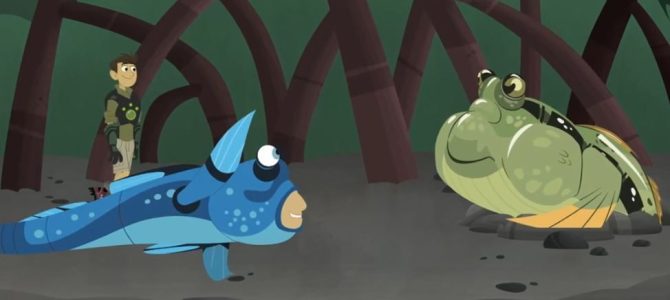
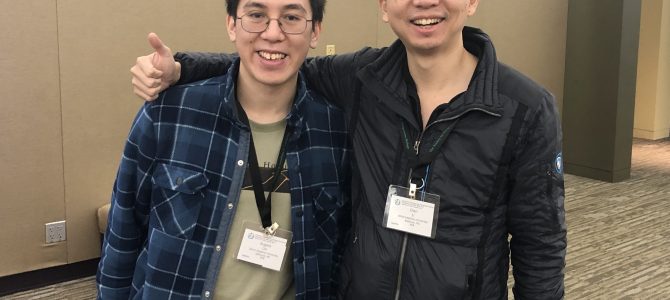
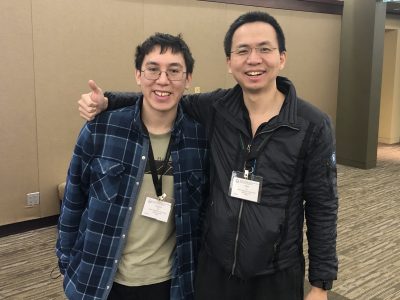
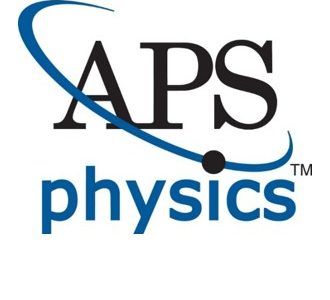
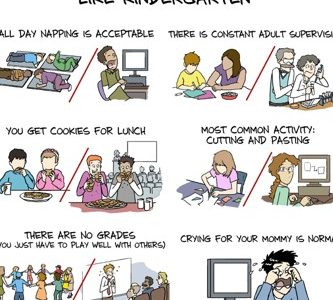

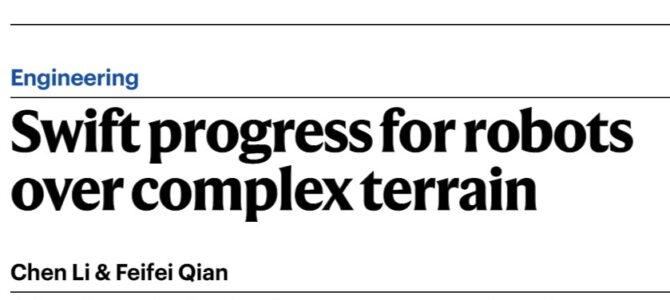
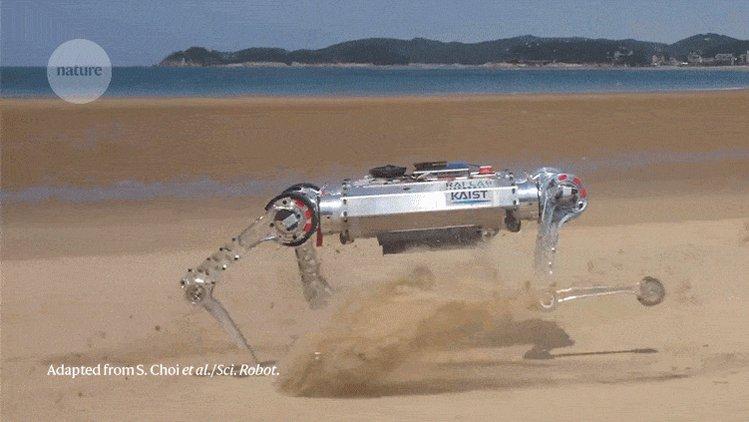
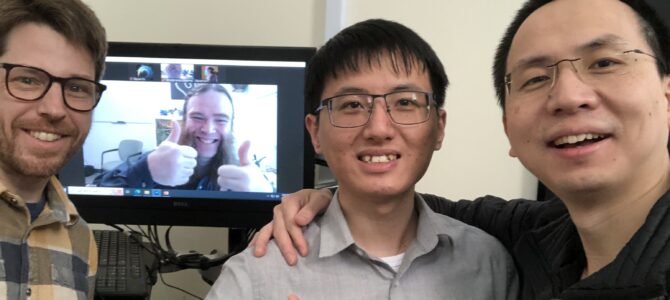
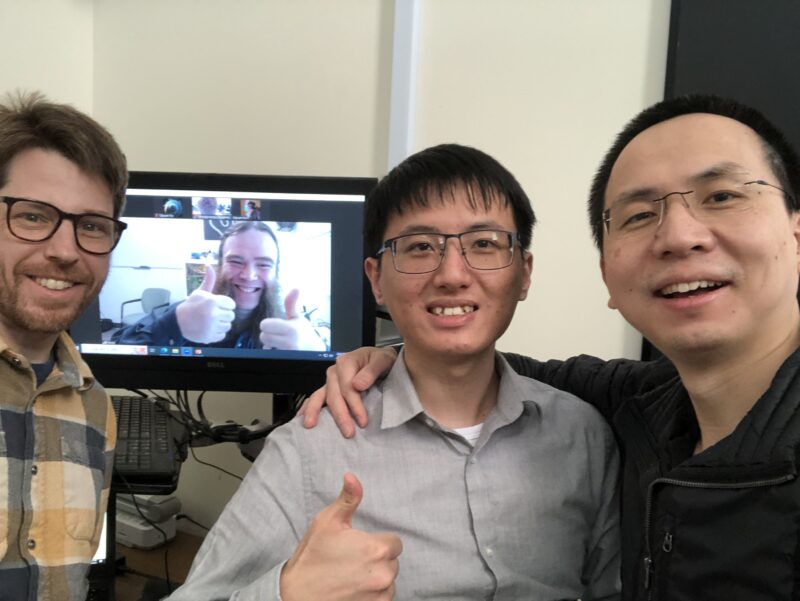
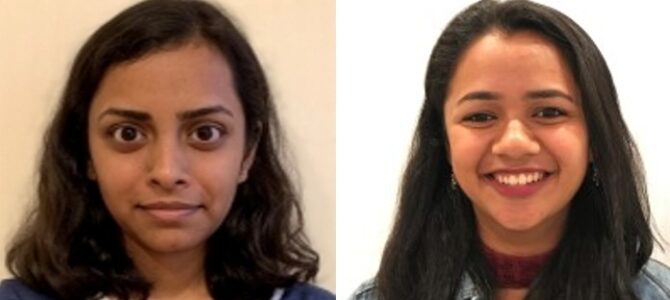
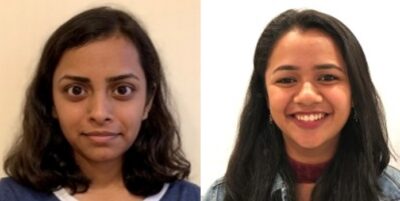 PhD student Divya Ramesh and Master student Gargi Sadalgekar are selected as two out of finalists for Best Student Paper in the Division of Comparative Biomechanics of the upcoming 2023
PhD student Divya Ramesh and Master student Gargi Sadalgekar are selected as two out of finalists for Best Student Paper in the Division of Comparative Biomechanics of the upcoming 2023 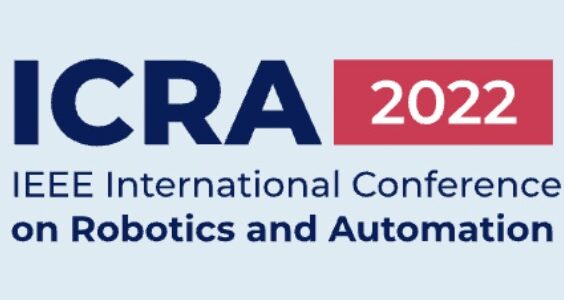


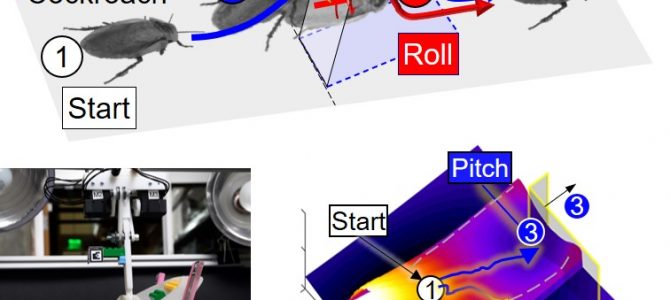
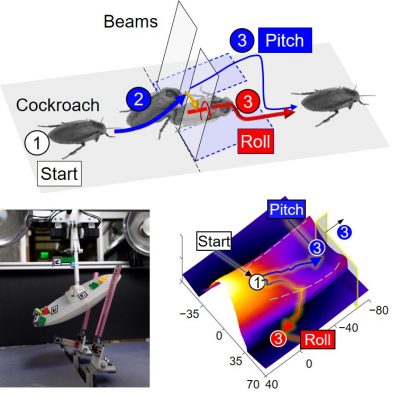
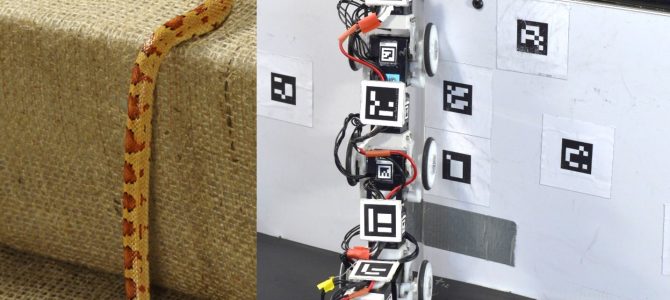
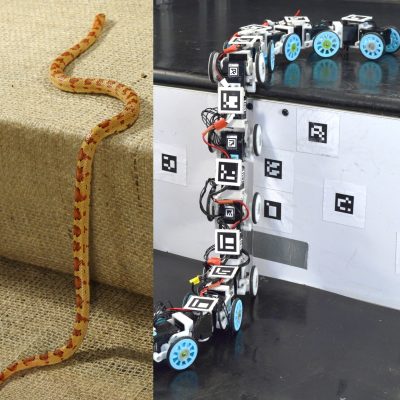
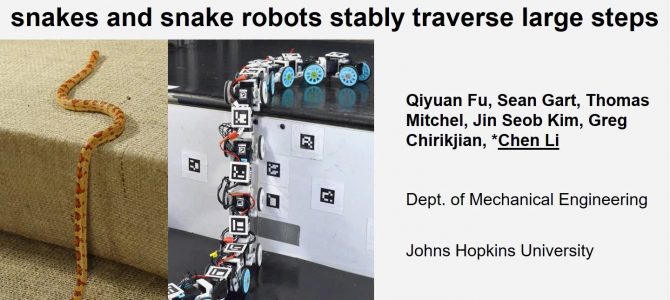
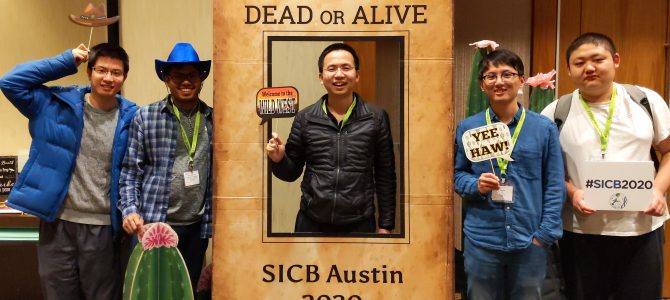
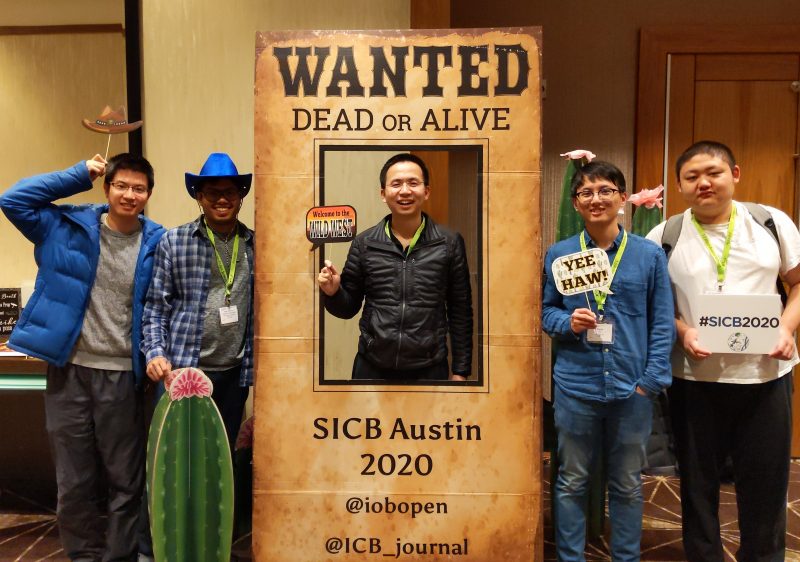
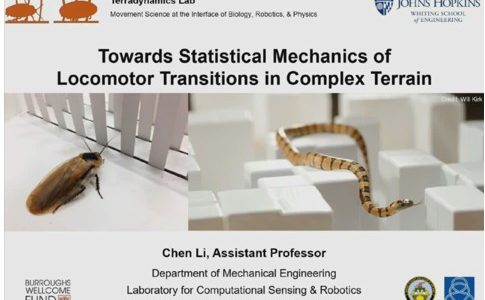
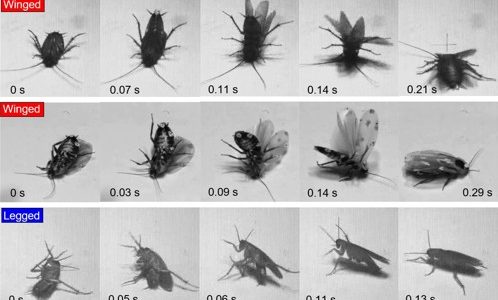
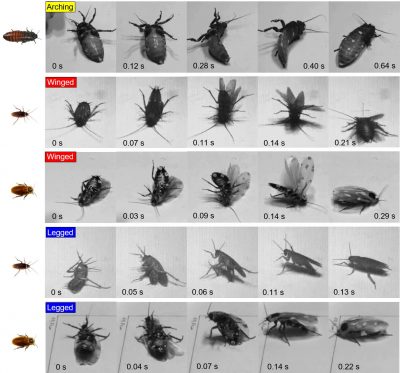
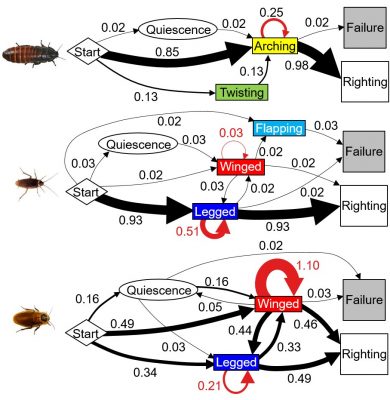
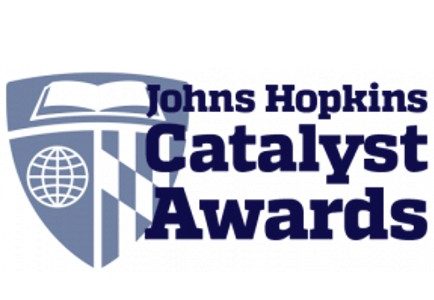
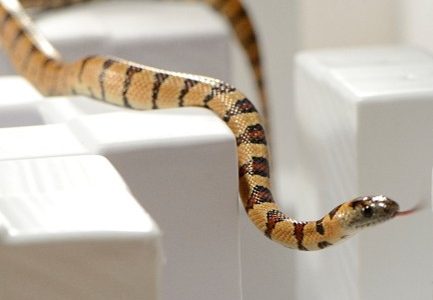
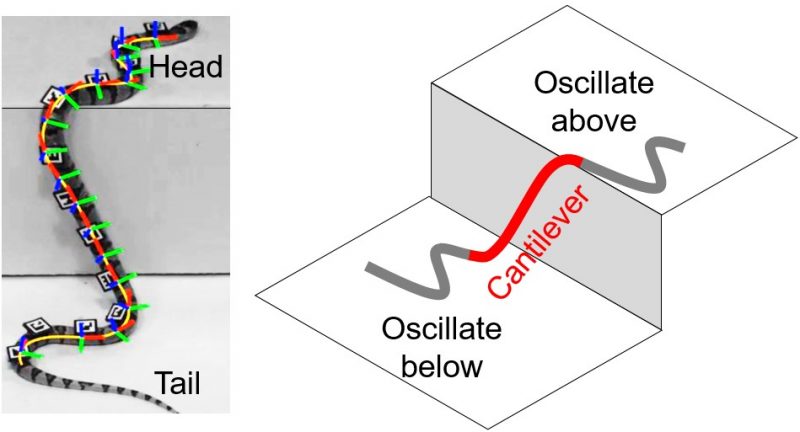
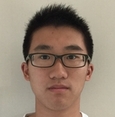
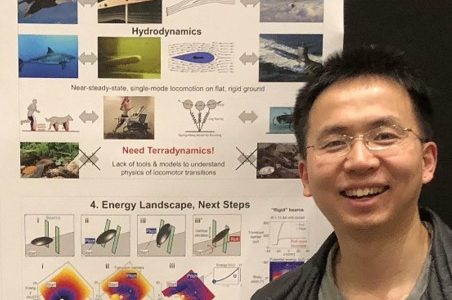
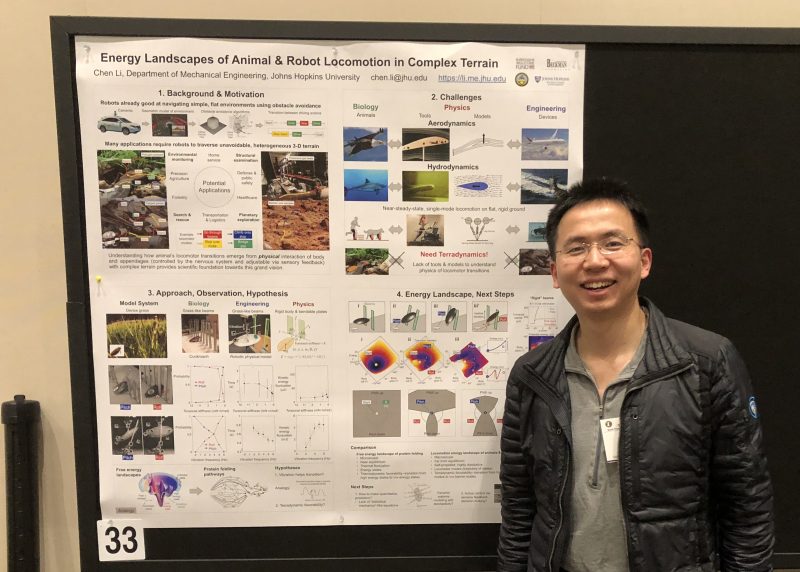
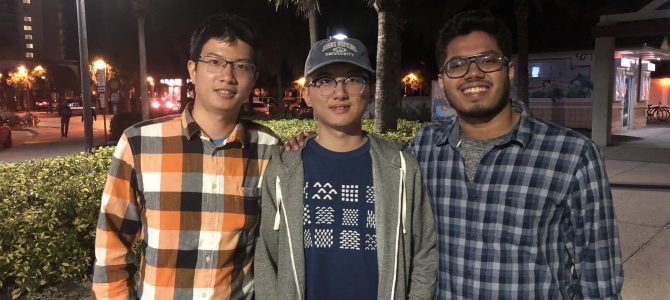
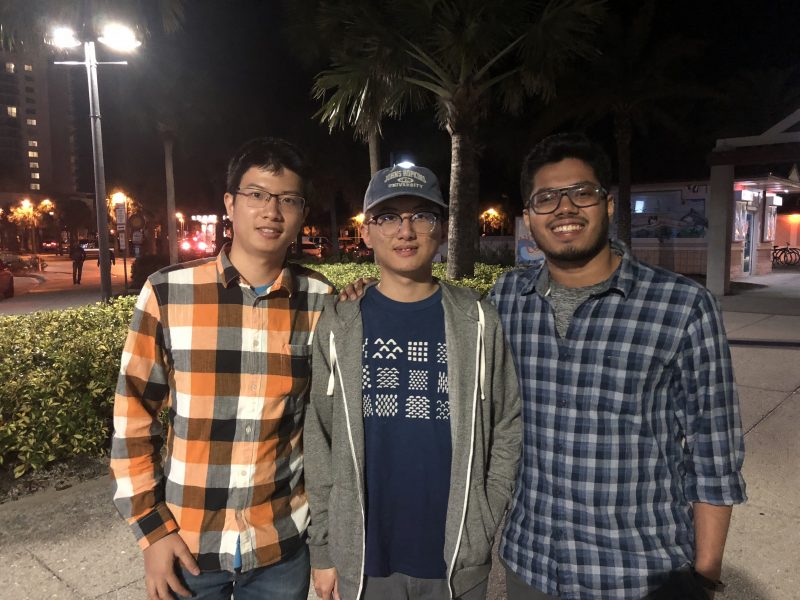
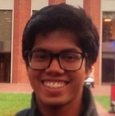
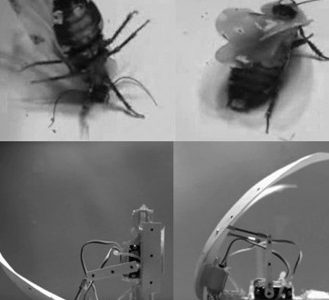
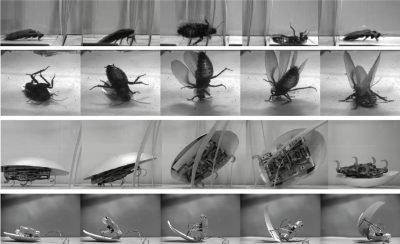
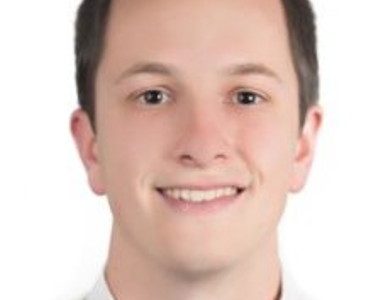
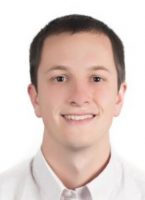 Our lab postdoc, Sean Gart, “graduated” from the lab and is starting his permanent job at
Our lab postdoc, Sean Gart, “graduated” from the lab and is starting his permanent job at 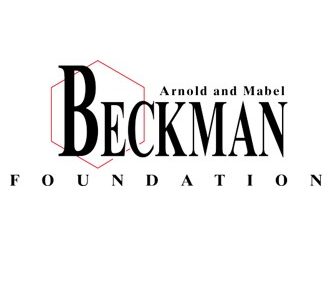

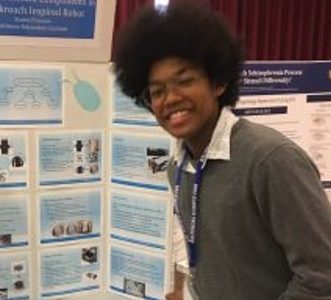
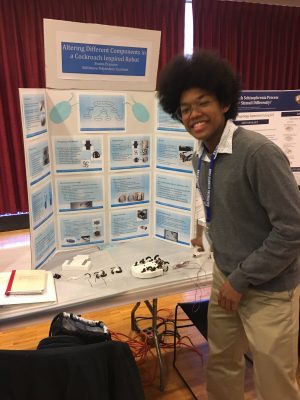
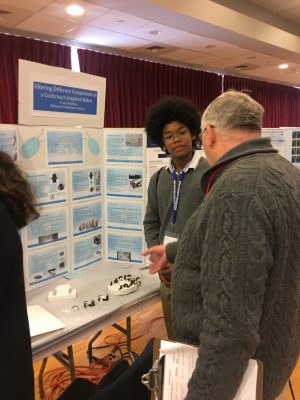
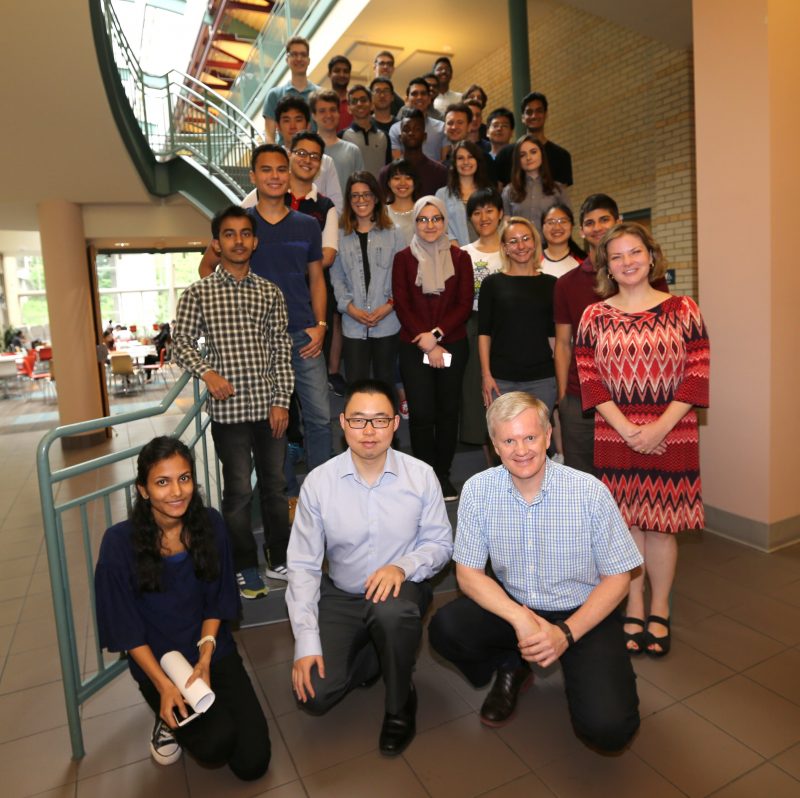
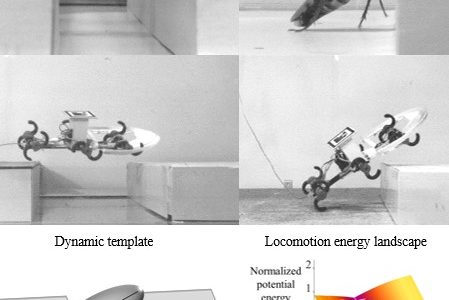
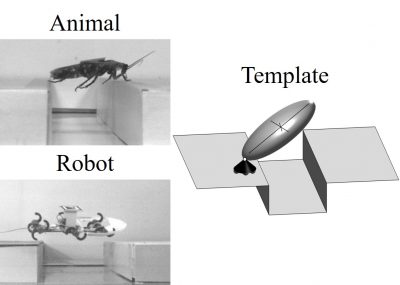
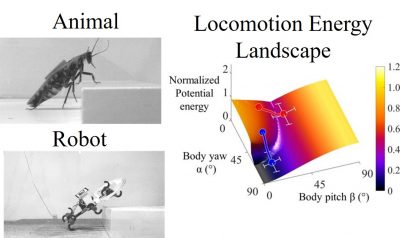
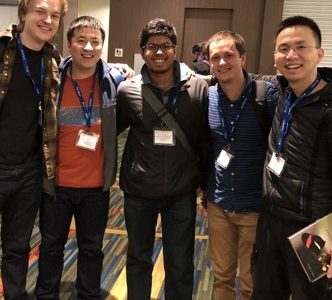
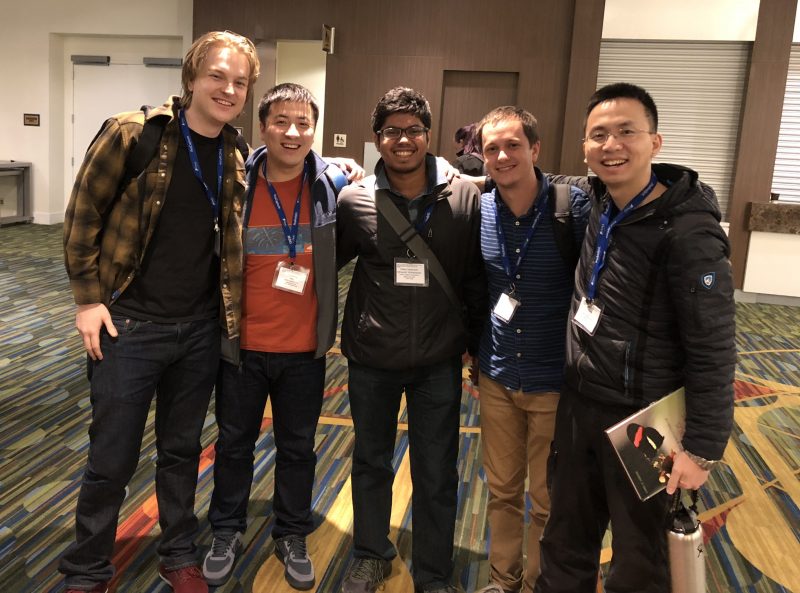
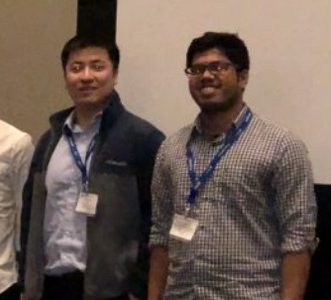
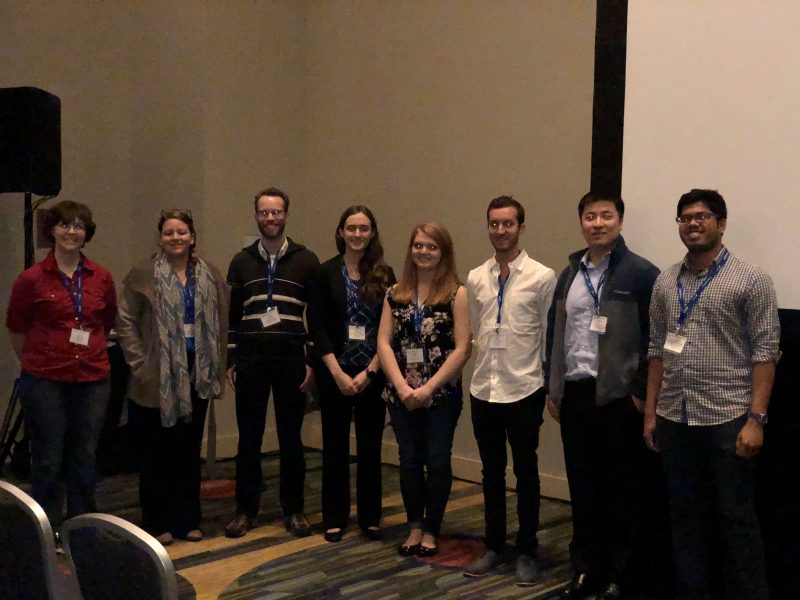
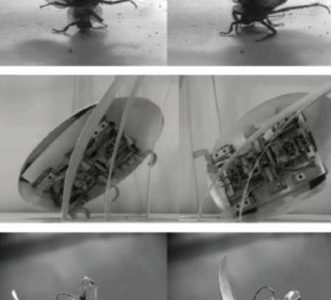
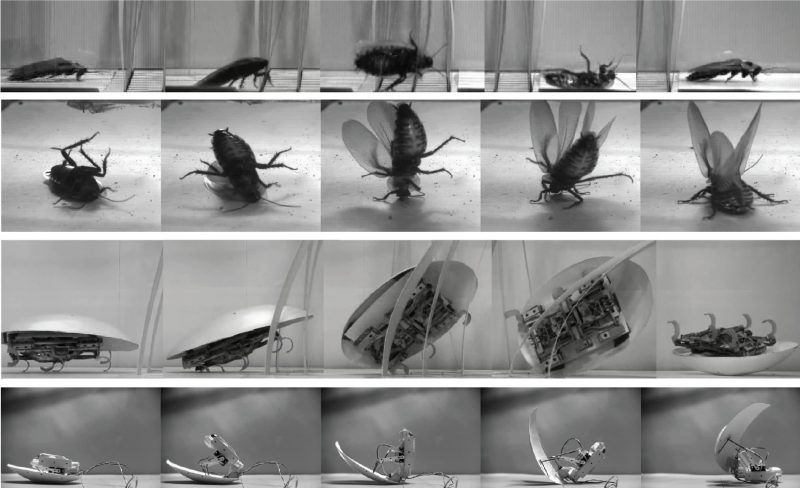
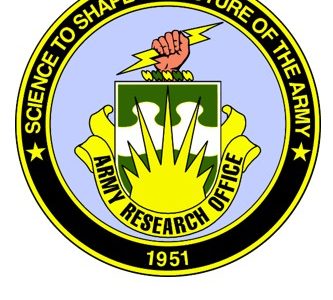
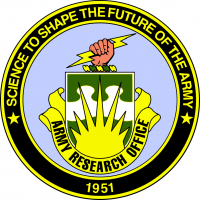

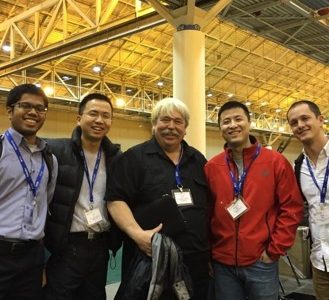

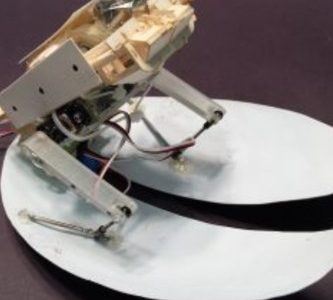
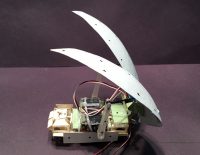
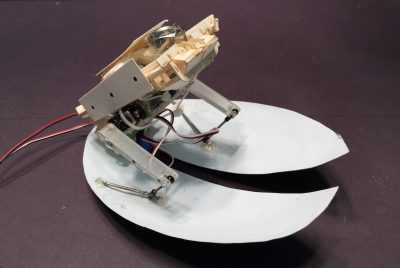
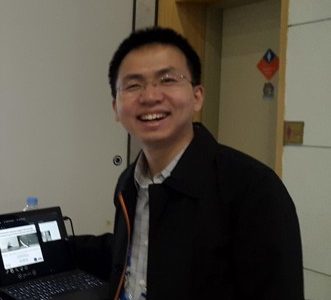
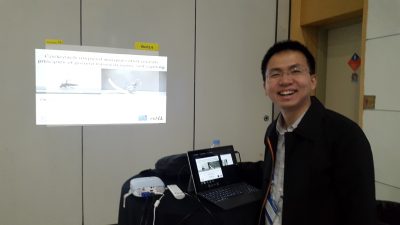
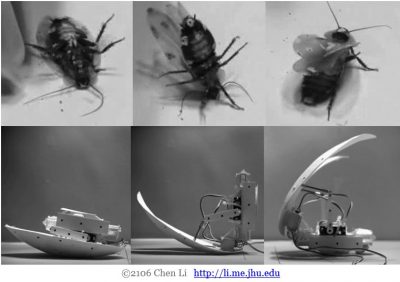
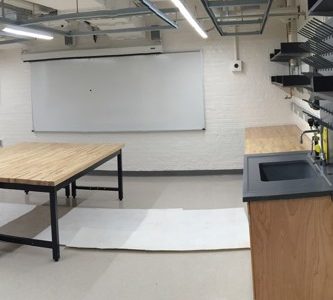



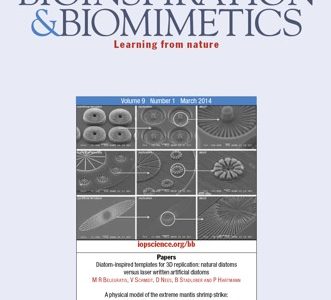

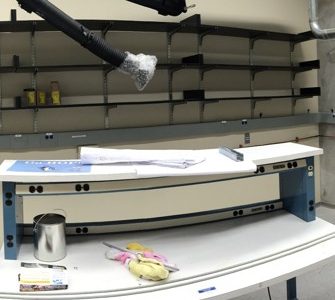


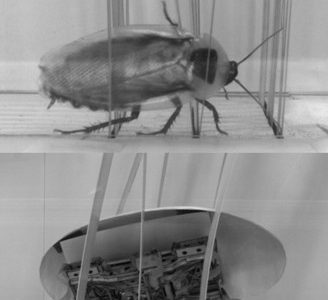
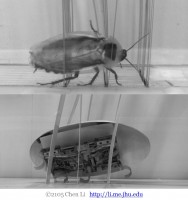

 Prof. Chen Li is selected for a Burroughs Wellcome Fund
Prof. Chen Li is selected for a Burroughs Wellcome Fund